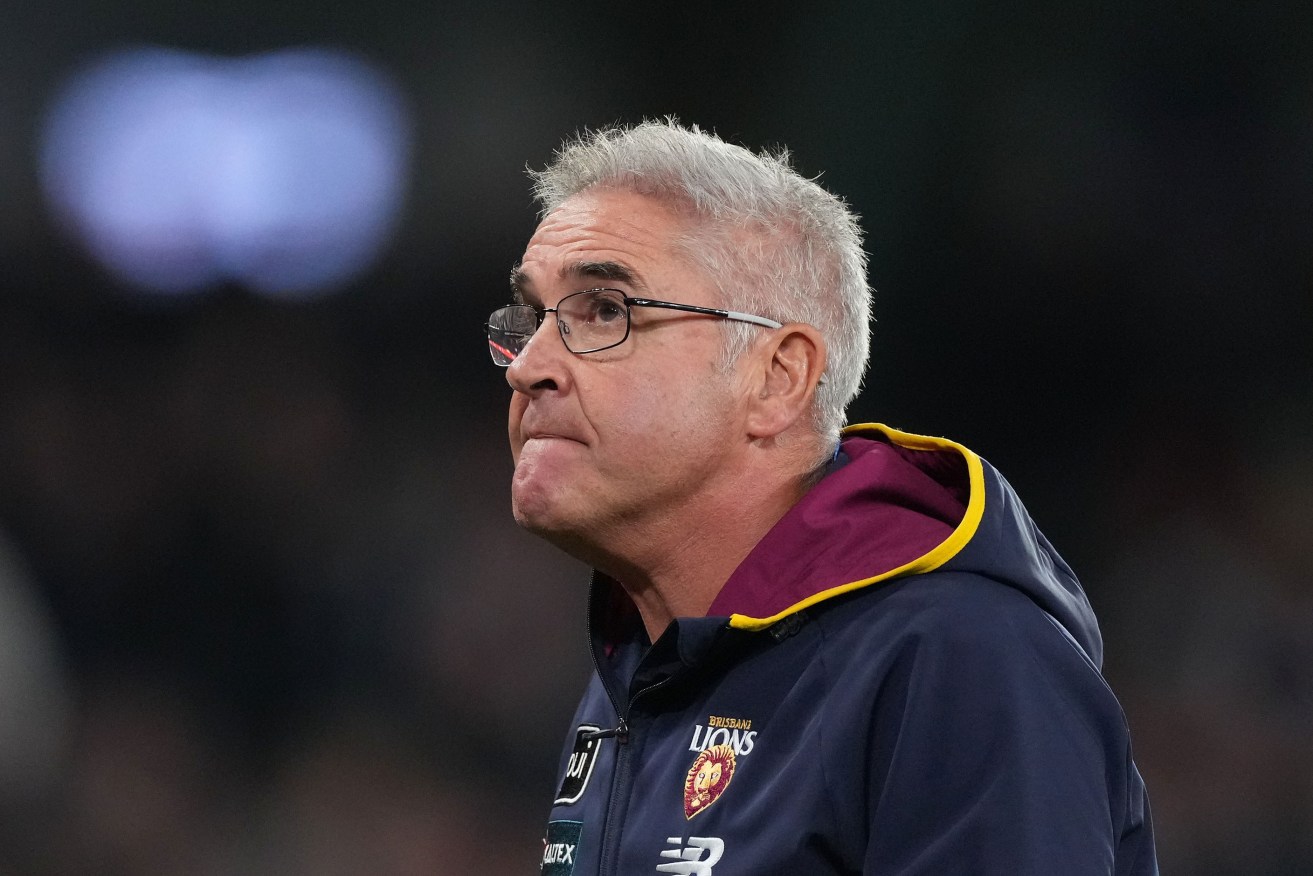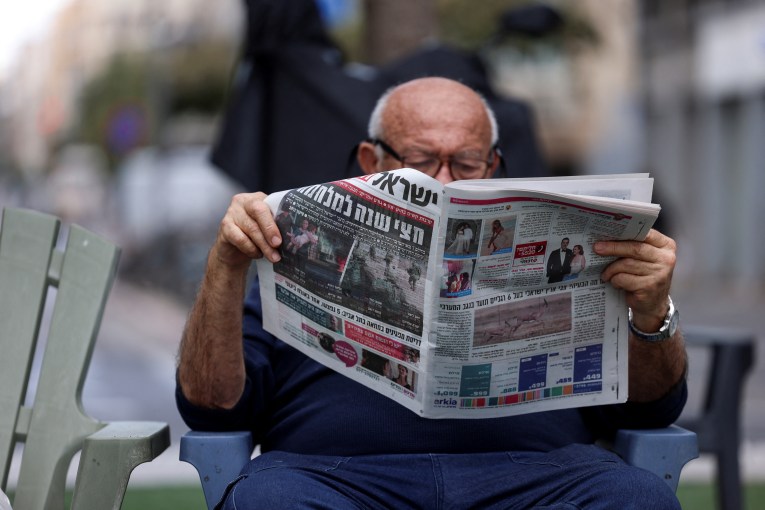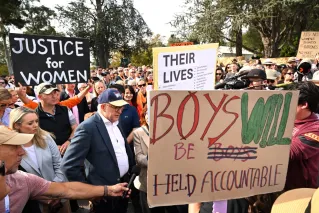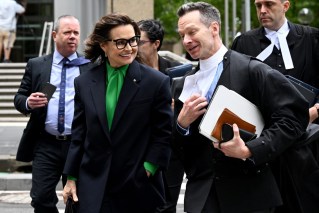Hawthorn’s ‘racism’ debacle: How to drive common sense off a cliff
Coaching and playing elite sport sometimes calls for difficult locker room conversations. Leave the lawyers outside, writes Michael Blucher.


Lions head coach Chris Fagan l(AAP Image/Scott Barbour)
So, after 250 plus days, 37,000 odd emails, and countless sleepless nights for goodness knows how many people, the AFL inquiry into alleged racist practices at the Hawthorn Football club has finally come to a close.
Ladies and gentlemen we have our findings. We’ve found… well…. we haven’t really found anything. At least nothing of an “adverse” nature. No charges to be laid. So the independent panel has been dismantled. There’ll be no further formal investigation. Thank you for your time and input…Now if all those adversely affected would like to start rebuilding their tattered lives…
What. A. Debacle. Farcical from start to finish, like an eight month long episode of Utopia, where just as little was achieved. Tony meeting with Jim and asking him to rope in Rhonda to establish a working committee to investigate the outcomes of the inquiry into the proposed task force.
The only saving grace – this inquiry wasn’t broadened to include all clubs, and the investigative time frame stretched back to circa 1858, the first centre bounce of an Aussie Rules Football. We can only pray that’s not next.
No-one of sane mind or any sense of justice would dare diminish the importance of the “alleged” central issue in this whole purgatorial mess.
Racism is abhorrent – there’s no place for it anywhere – sport, business, community, it all has the same pungent odour. But on the back of the initial “leak” and the clunky, awkward aftermath of the Hawthorn investigation, Alastair Clarkson, Chris Fagan and Jason Burt, three well respected professionals have had their good names dragged through the swamp, deprived of natural justice by not being given the opportunity to present their case and defend the serious allegations against them.
Similarly, the unnamed plaintiffs – the six Indigenous families, some of whom were dragged reluctantly back into the fold by no-win no-fee lawyers – they’ve hardly emerged winners either, at least not at the end of “Round 1”. How many more rounds there are remains to seen.
The question I have – the initial line of inquiry, beyond Jeff Kennett’s determination to clear his own name, was it really exploring “racism”? Or was it a vendetta against a departing coach?
At the risk of upsetting the virtue signallers and the self loathing social justice warriors, could we momentarily hypothesise that the inquiry might instead have been a review of the rather rigid high performance practices of a highly successful football club?
Let’s explore.
Of all the parallels that exist between business and elite sport, “HR practices and procedures” are a long way from the top of the list. If you’re seeking psychological safety or craving positive affirmation, as an increasing number of employees are, then I suggest there are better places to be than in a football locker-room.
Rightly or wrongly, psychological safety in professional sport most commonly stems from winning streaks. That’s when coaches are at their most “civil”, but even amid lots of “Ws” , the odd brutal conversation is still inevitable.
Highly competitive task-focused leaders don’t make polite suggestions, they bark orders. They deliver home truths. And Alastair Clarkson is your archetypal task-focused leader, a noted hard arse who knows what it takes to win. That goes some way towards explaining his four coaching premierships.
But beyond the fallout from the internal bunfight at Hawthorn – Kennett v Clarkson – there’s another key difference between sport and business which provides important context around the coaches’ “apparent” atrocities.
Unlike the corporate world, professional sport pays on potential long before it pays on performance. That’s what talent identification programs are all about – scouts scouring junior competitions aiming to scoop up the “next big thing” in the wide and patient casting of their talent net.
It’s a highly competitive, cut throat process which yields a lot more dirt than diamonds. An infinitesimally small percentage of hopeful aspirants are picked up, and an even smaller portion make it to the “big stage”.
Now we’re edging closer to the central issue. As anybody who’s worked in the elite sports industry would know, it’s the job of the high performance team to ensure those young hopefuls maximise whatever potential they have. And that begins with removing roadblocks – anything or anybody who stands in the path of progress. Regrettably, on occasions that includes altering their existing home environment, or “amending” their immediate circle of influence.
In the world of high performance, these are not “one percenters” – these can be five or 10 percenters. Game breakers.
Across all codes there are countless examples of young blokes who’ve been “peeled away” from potentially disruptive influences, unsuitable environments, for no other reason than to help young prospects be the best they can, for their own benefit and of course the benefit of the club, the “investors” who’ve “paid on potential”.
“You want to make it in this game son – distance yourself from your brother. Leave him behind. He’s no good for you.“
“Those tradie blokes, the ones you go fishing with. Cut ‘em adrift. They’re leeches, real bad news.”
“You want to be captain? Lose the girlfriend. Her ‘social’ habits are messing with your career, and the club’s reputation”.
These are all conversations – close enough to verbatim – that have been had more recently than you’d think, not because the subjects are black or white or brindle – just to help them help themselves.
Even closer to our current skirmish, a number of years ago I remember chatting with Andrew Walker, a gifted indigenous athlete who represented his country in both Rugby League and Union.
By the time he was 15, Walker already had two brothers in jail – his father effectively kicked him out of the family home in Shoalhaven, south of Sydney, fearing that if he didn’t, Andrew would also finish up in prison. Walker made the most of the tough love, attending high school in Sydney, before playing 16 seasons of professional football. A few rough patches, but overall an extraordinary career.
It’s an inconvenient truth that not all future footy stars are polished young individuals, fished out of crystal clear backyard swimming pools in Toorak or Vaucluse or high on Hamilton Hill. Infinitely more come from far less salubrious backgrounds, hard headed kids who’ve done their swimming in muddy creeks that meander through honest but unsophisticated country towns, their natural athletic talent honed through repetition and the absence of more elaborate distractions.
Have footy, will kick. All day long. Then, on the strength of a scribbled signature, they’re uprooted and thrust into a totally foreign world with uncommonly strict rules and uncomfortably high standards.
At 16, 17, even 18 years of age, how would they have the faintest idea what it’s going to take to be successful? The coaches and their hard nosed high performance staff however, they’ve seen it all. Those who fly high and those who fall short, the latter typically linked to insufficient effort and outside distraction.
This is where the racist argument begins to flounder. The “cruel, inhumane” conversations supposedly being had at Hawthorn were (and still are) of the same tone and inference as those being had in meeting rooms at the Penrith Panthers, at the ACT Brumbies, the Melbourne Storm, the Brisbane Roar. Pick a club, any club.
But however frank those exchanges, they are not being driven by race or creed or ethnicity – they’re in pursuit of the answer to a few simple questions – “How good do you want to be? How much do you want to be a professional athlete? And what are you prepared to sacrifice?”
Alastair Clarkson, Chris Fagan and Jason Burt have all sat the exam countless times. They know the “winning” answers. They understand the importance of sacrifice.
Were they dictating terms? Quite possibly. But racist? Utter rubbish.
From what I’ve been told by people who’d know, Fagan is one of the more convivial, compassionate coaches in the AFL system, a mature aged mentor widely admired by players of all races, age brackets and levels of experience. He doesn’t have an incendiary cell in his body.
Burt at the time specialised in welfare, as in players “faring well”. He’s already conceded publicly that some conversations could have been conducted differently – fewer figures of authority, less perceived “pressure”. But racist? Forget it. Here are the exam questions, son – do you want the correct answers? Call any time! I’m here to help”
It’s a sign of tough times ahead when not even the coaches of our top footy teams can do their job without unwarranted public scrutiny and interference from no-win no fee lawyers, looking to build their practices.
But if we continue down a road where the sensitivities of voluble minorities and passing opinions of those on the periphery weigh more heavily than the facts – the genuine insight of those in the know – it won’t be long before we’re driving common sense and reason over a cliff.












